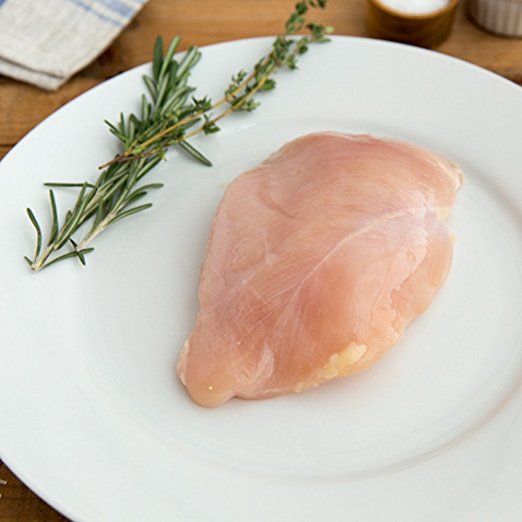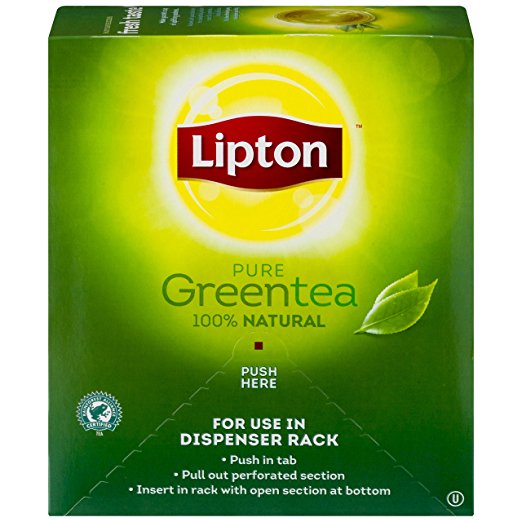How Often Do You Need To Eat To Build Muscle?
Many bodybuilders claim that you need to be eating protein every 2-3 hours for optimal muscle growth. However, in recent years people have started to question this claim and suggested that eating less often may be just as effective for building up your muscles. In this post I’ll explain how often you need to be eating to develop your muscles and providing you with some top tips for choosing the best eating strategy.
How Often Do You Need To Eat For Maximum Muscle Growth?
As mentioned above, one of the most widely held beliefs in the muscle building industry is that you need to eat often to enjoy optimal results. The main driver behind this belief is the suggestion that your body goes into starvation mode after going a few hours without protein and then starts to break down your muscles for energy which negates the positive effects of your muscle building workouts and prevents muscle growth.
However, despite this being a widely held belief, there is actually little evidence to support it. In fact, the existing research into the impact of meal frequency on muscle mass indicates that the number of meals you eat in a day has no effect on your overall body composition and that as long as you consume the right quality and quantity of calories, you can build up your muscles regardless of how often you eat.
So does this mean you should stick to the standard three meals per day style of eating to maximize muscle growth? The answer is it depends on your lifestyle and preference. If you don’t have a large appetite and prefer eating smaller meals more frequently, eating every 2-3 hours may be the best way for you to consume the calories that are required to gain muscle. Alternatively, if you have a larger appetite and favor eating less often, eating three meals each day may be a better way for you to pack on muscle.
Creating An Effective Eating Strategy For Muscle Growth
To build up your muscles effectively, you need to focus on eating the right amount of quality foods in a way that matches your lifestyle and personal preferences. The steps below outline how to do exactly that:
- Calculate Your BMR: Your BMR (or Basal Metabolic Rate) is a great starting point for working out how many calories you need to build up your muscles. You can work out your BMR with this calculator.
- Calculate Your Macros: Once you have your BMR, you then need to calculate how many of these calories should come from carbohydrates (which provide you with the energy you need during your muscle building workouts), healthy fats (which help your muscle cells recover between weightlifting workouts) and protein (which acts as a building block for your muscle cells). Research on this subject suggests that for optimal muscle growth between 40% and 60% of your daily calories should come from protein, between 20% and 30% of your daily calories should come from carbohydrates and between 20% and 30% of your daily calories should come from healthy fats.When using a BMR of 2000 calories per day this equates to 800-1200 calories coming from protein (or 200-300g of protein), 400-600 calories coming from carbohydrates (or 100-150g of carbohydrates) and 400-600 calories coming from healthy fats (or 44-67g healthy fats).
- Choose Quality Food Sources: After you know exactly how much carbohydrates, healthy fats and protein you should be eating, it’s time to choose some quality food sources for each one. Fruits and vegetables are an excellent source of quality carbohydrates that also contain high levels of vitamins, minerals and phytonutrients. Healthy fats can be sourced from dairy products, fatty fish, nuts, oils and seeds. Some of the best protein rich foods include fish, meat, nuts and seeds.
- Find A Style Of Eating That Suits You Best: While the number of meals you eat doesn’t have a significant impact on your overall muscle gains, it’s still important to eat in a way that matches your lifestyle. So find out how many meals is right for you, then use the quality food sources above to create these meals.
- Monitor & Adjust Your Calories: The final step for creating an effective eating strategy for muscle growth is to track how the amount of calories you’re eating is affecting your body composition and make any changes if necessary. If after two weeks your muscles are growing at an impressive rate but you’re body fat levels are increasing, try reducing your daily calories by 200. Alternatively, if your muscles aren’t growing at the rate you desire after a couple of weeks, try increasing the amount of calories you eat each day by 200.
Summary
The quality of the foods you eat and the amount of calories you consume are much more important than eating frequency when it comes to muscle growth. So instead of trying to guzzle down protein every few hours (regardless of how practical it is), eat in a way that suits your lifestyle and place your focus on quality nutrition. By doing this, you’ll enjoy your meals much more and enjoy greater success with your muscle building efforts in the long run
Best Build Muscle Diet Product








